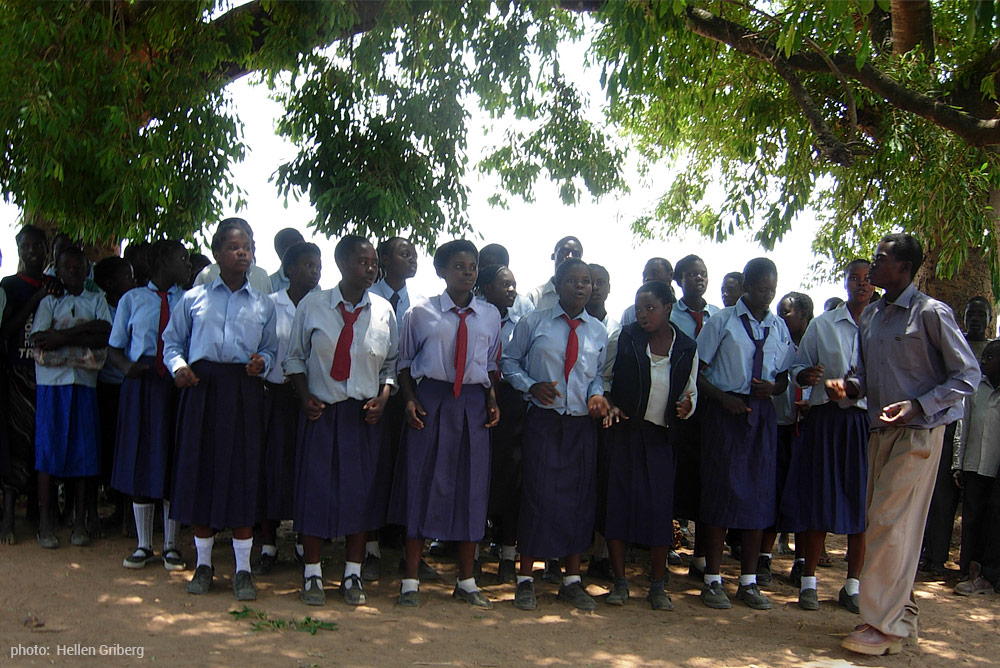In 2007, I travelled to Zambia with Plan Norway to visit their school projects. While I was there I had the opportunity to visit the Koaabo Primary School where I met a young ambitious girl who had been sexually assaulted as a child. Her name was Agness.* Agness’s story and personality made such a huge impression on me that we decided to stay in touch after our meeting. A year after we met, I received a letter that shocked me. The letter said that Agness had fallen pregnant and dropped out of school. At the age of 16, Agness had become a single mother in a small village in Zambia.
Each year about 16,000 teenage girls fall pregnant in Zambia (World Bank). Many of these girls drop out of school to avoid becoming a financial burden on their family. As a result, a great number of them are either engaged in some form of work – paid or unpaid – or forced into marriage to escape the stigma of being a single mother.
The government of Zambia should do more to encourage teenage mothers to return to school because marriage should not be the only option parents have for their pregnant daughters. Encouraging girls to return to school after giving birth will not only benefit the economy, but the society as a whole. Since the re-entry policy was introduced in 1997, the Zambian government has failed to motivate teenage mothers to go back to school. As a result, girls like Agness have lost the opportunity to complete their education that would have increased their potential earnings by up to 25%, improved their health, and increased their knowledge about family planning (The Global Partnership for Education).
The Zambian government needs to realize that encouraging teenage mothers to return to school is a good investment, not a bad one.
Hellen Griberg is on the Education Commission’s Youth Panel. You can read more about her work here.
*Author’s note: To protect the girl I met in Zambia, Agness’ name has been changed.

